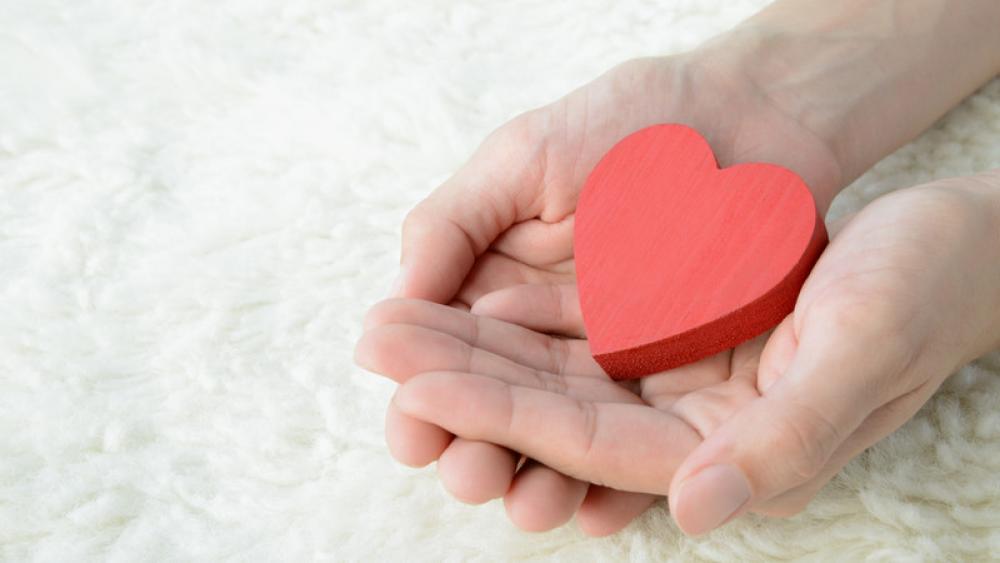




Heart Health
8 Heart Attack Symptoms Women Might Miss
Published: Feb. 5, 2021

It’s the No. 1 killer in women. In fact, heart disease is responsible for one in three women's deaths each year – approximately one woman dies from it each minute. It’s more deadly than all forms of cancer combined, including breast cancer.
So Why Do Women Often Ignore the Warning Signs?
So many patients mistake their signs of a heart attack as the flu or simply not feeling well. Women may not recognize the “less common” symptoms of heart failure. That can include vague symptoms as fatigue, shortness of breath, sometimes hot and cold flashes, or just not feeling right.
The majority of times, a woman’s symptoms can be similar to that of a man. For both men and women, the number one heart attack symptom includes some type of pain, pressure or discomfort in the chest. But in the weeks prior to a heart attack, women are more likely to also experience the more atypical signs of a heart attack.
What Should You Watch For?
Here are eight of the most common symptoms women can’t afford to ignore:
- Chest pain or discomfort. Just like in men, chest pain is the most common heart attack symptom for women, but it may feel a bit different. It can be described as a fullness, burning or squeezing, and it may not be on the left side. It can be in the upper chest, on the right side, or in the upper abdomen.
- Pain in your arms, back, neck, or jaw. The pain can be gradual or sudden, and it may come and go before becoming more intense. A woman may also experience a “heavy” sensation or tingling in her arms and/or legs.
- Stomach pain or “heartburn.” Many mistake this pain as heartburn, the flu, or a stomach ulcer.
- Shortness of breath or lightheadedness. Having trouble breathing for no apparent reason may be a sign of a heart attack, especially if one or more of the other symptoms are present.
- Nausea or vomiting. Vomiting and nausea can be a sign that a heart attack is imminent.
- Sweating. It’s common for a woman having a heart attack to break out in a nervous, cold sweat. It will feel more like stress-related sweating than what you experience while exercising or being too hot.
- Extreme fatigue. Many women who have heart attacks feel extremely tired, even if they haven’t been active.
- Anxiety. If any of the above symptoms make you feel anxious that something is just not right, seek medical attention.
Not everyone experiences all of those symptoms. Bottom line: If you have chest discomfort, especially if it includes any of these other signs, call 911 immediately.
Listen to What Your Body Is Telling You. Don’t Ignore It.
Remember, primary prevention is key to stopping a heart attack before it strikes. Review your risk of heart attack and stroke with your doctor. Have your blood sugar and cholesterol checked, know your body mass index (BMI), and blood pressure, and discuss with your doctor goals for those numbers.

